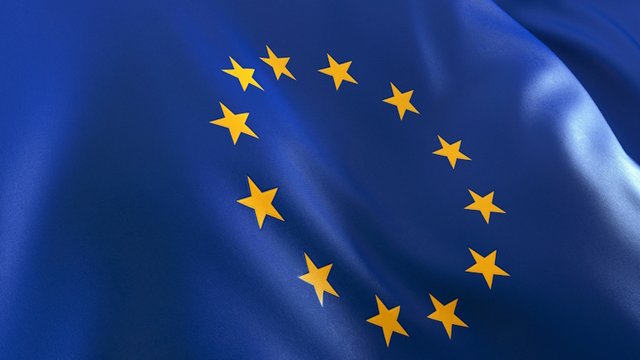Ukraine and defense on agenda of informal EU summit

The agenda of the informal meeting of the European Council, which will take place in Copenhagen on October 1, includes two issues: defense and Ukraine.
A senior European diplomat, who spoke on condition of anonymity, told journalists this in Brussels on Monday.
“What the President [Antonio Costa] expects is that we have two main topics on the table of that informal European Council. The first one, defense. The second one, Ukraine,” he said.
The interlocutor recalled that the issue of defense is being considered, in particular, in the context of recent incursions by drones and even fighter jets into the airspace of some European countries.
“There are three big areas which, of course, are interlinked, which will be under discussion, and the President expects that the debate that will take place in Copenhagen will then help inform the conclusions that he hopes will be drawn by the European Council at the end of the month of October. Well, the first is how does the European Union deliver on the joint capacity development? How can the European Union accelerate and do this faster than it would have done in normal circumstances?” a high-ranking diplomat detailed.
The interlocutor recalled that the EU has set a goal of increasing its defense capability by 2030. “How can this then be done at pace and with timelines that will not last forever or not be only for the long term. We have the financial instruments, we have financial instruments that can be used to do this already, notably SAFE, and so this is how we should structure the debate. The second point is in a way a declination of this first point, which is when we look at the threats we see, and we have seen in recent days and weeks, that there is a specific more urgent threat on the eastern flank,” he said.
The third issue in the defense aspect, the official named, was the issue of management, along with the role of defense ministers. “And what the PEC will also be suggesting is that we need, let's say, a ramped-up role for the defence ministers in accompanying this process, precisely in ensuring that this is done at pace and at the speed that needs to be done, reporting to the European Council always, which needs to maintain the political guidance of this process,” he explained.
Speaking about Ukraine, the diplomat said that Ukrainian President Volodymyr Zelenskyy would address the leaders via videoconference. “I would identify two main topics, two-slash-three main topics that will certainly be on the table of the leaders. The first one is the financing of Ukraine. We see that unfortunately the prospects for peace don't seem to be short-term. We see that Russia is doubling down on the aggression, on the attacks. No indication that President Putin is willing to go for a meeting with the President of Ukraine or even a trilateral meeting. So there's no real movement from the part of the Russians, which means that the opinion must continue in its objective of achieving a just and lasting peace, supporting Ukraine,” he said.
In this context, the leaders will discuss the issue of using mobilized Russian assets, which is very complex with many financial and legal implications. “I would not expect the leaders to go into the detail of those implications, but certainly there needs to be political guidance on whether they are ready to work on this in order to use the immobilized assets for the financing of Ukraine,” the diplomat explained.
The second topic will be Ukraine's accession process, and the third, although without lengthy discussion, will be the 19th package of sanctions for the Russian Federation. Thirdly, although I would not expect a long discussion on it, we have on the table the 19th package. “It is being discussed at COEPER. Discussions have been quite constructive among the 27. We hope that it can be approved quickly … These are the points that we would expect a discussion on during the informal European Council,” he summed up.









